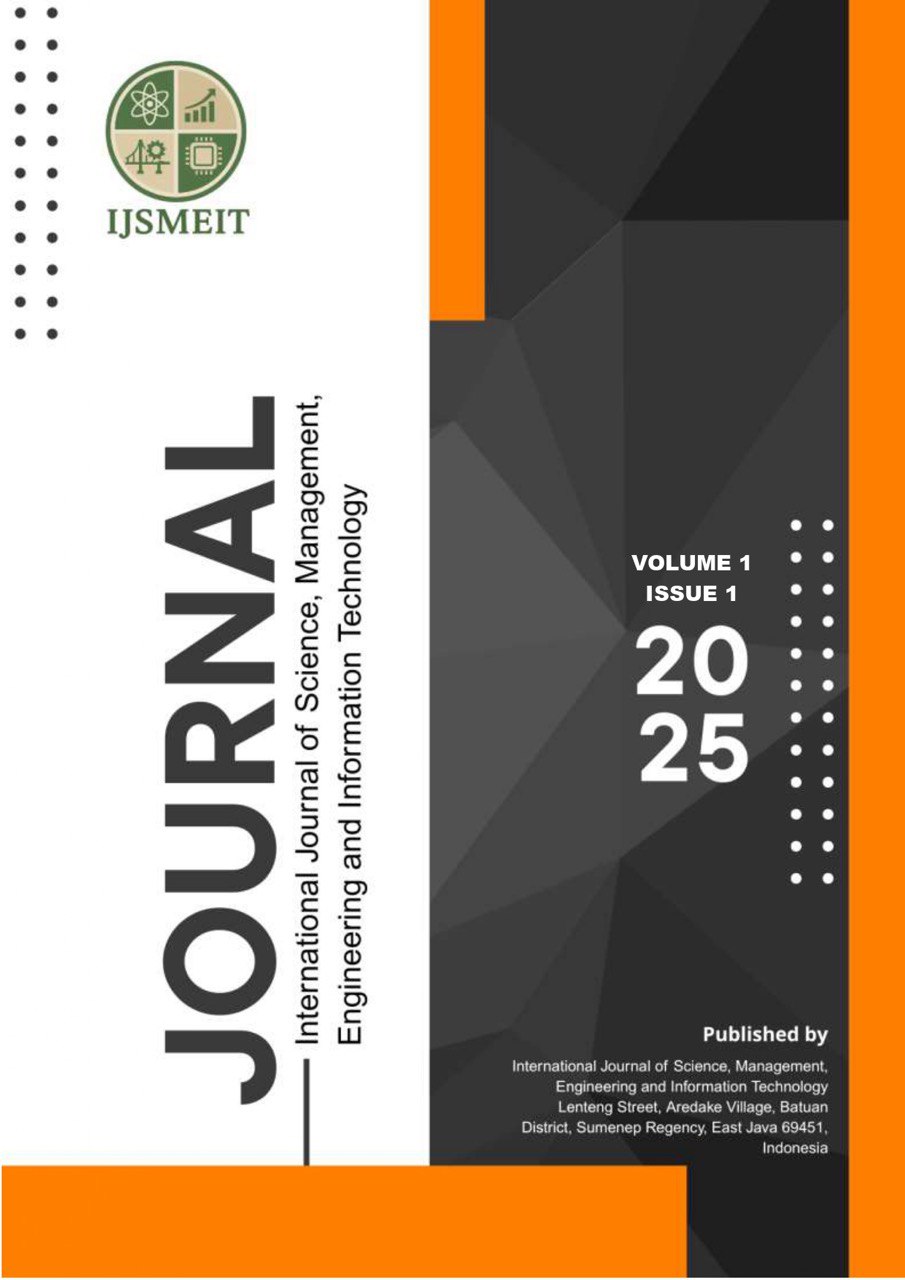Early Marriage on Students’ Academic Performance: A Phenomenology In Kalianget, Madura
Abstract
Abstract— Early marriage has been an urgent issue and needs to be solved for ages. This might be challenging since the root of this issue is close to our society. It is our social environment which still supports this. However, research shows that early marriage significantly affects various aspects of individuals’ lives, especially education. Students who marry at a young age often experience academic decline, limited school attendance, and reduced motivation to pursue further education. This study explores the phenomenon of early marriage and its impact on students’ academic performance in Kalianget, Madura, using a phenomenological approach. Interviews with teachers, school counselors, and students reveal how cultural norms, parental support for early marriage, and inadequate awareness contribute to the persistence of this practice. The study highlights the urgent need for collaborative efforts between schools, communities, and policy-makers to raise awareness, empower youth through education, and delay the age of marriage for the betterment of future generations. Findings also suggest that institutional pressure on schools to maintain graduation rates sometimes leads to unethical academic practices, such as inflating student scores, which further distorts the real impact of early marriage on educational outcomes.

